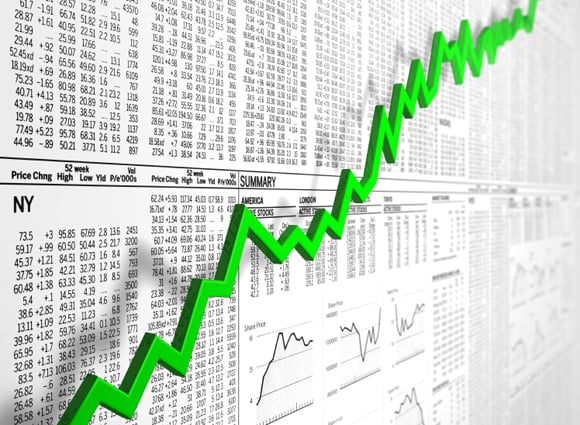Investor faith in the financial markets has inched upward over the last year as rising stock prices have improved their collective mood, according to a report released Wednesday.
For advisers, the even better news is that they rank second only to independent auditors of public companies on investors' trust scale.
“This year, almost two-thirds (65%) of investors indicate they have some, quite a bit, or a great deal of confidence in U.S. capital markets, an increase of four percentage points from 2011,” according to the
Main Street Investor Survey, which was commissioned by the Center for Audit Quality. “This increase may signal that confidence in the U.S. capital markets has stabilized and perhaps begun to recover from a 2011 low of 61%.”
“Our investors are remarkably resilient and they do have confidence in our system,” Cindy Fornelli, executive director of the Center for Audit Quality, said at a policy forum in Washington that was sponsored by the center.
“I think that's hopeful for all of us who watch the market.”
Sentiment is tied to the performance of the stock market, Ms. Fornelli noted. So as the S&P 500 index moves toward the 1,500 level — last seen in late 2007, before the financial crisis — confidence is rising. The broad market stock measure has recently been trading in the mid-1,400 range.
“The stock market is something the man on the street pays attention to,” she said. “It's an easy indicator to look at.”
The survey was taken after the disappointing initial public offering of Facebook and news of the more than $4 billion loss that JPMorgan Chase & Co. suffered on derivatives trading.
Both incidents were expected to shake investor confidence, but the survey suggests they didn't.
“I don't know that the average investor is that attuned to individual companies and individual stocks,” Ms. Fornelli said.
Adviser trust solid
Rather, investors may be relying on their advisers to do such tracking. The survey indicates that 66% of respondents expressed confidence in “financial advisers and brokers” to be “effective in looking out for investors.”
That put advisers in second place on the trust roster, following “independent auditors” of public companies, who were selected by 70%. Lower down the list were financial analysts, journalists, credit rating agencies, corporate leaders and government regulators.
Most investors don't parse the difference between an adviser and a broker, according to Ms. Fornelli. Many of those surveyed gain experience with the market and advisers through mutual funds and 401(k) plans.
“They're out there, and they bring some robustness and credibility to the system,” Ms. Fornelli said.
But advisers can take a hit when investors see their portfolios decline.
Gail MarksJarvis, a syndicated columnist and author, said that she's noticing that investors, disgruntled about the poor performance of their portfolios, are “churning” advisers.
“They held those financial advisers accountable when they lost money,” Ms. MarksJarvis said.
Blaming the adviser for disappointing returns, however, may be mitigated by the fact that investors have lowered their expectations about the economy. Low growth is now standard fare.
“They've gotten used to the fact that we're growing at 2% a year and they're no longer comparing that so much to the growth rates of five or six years ago,” added Douglas Elliott, a fellow in economic studies at The Brookings Institution. “There are more of them who are adjusting to the new normal.”
The CAQ polled 1,003 investors from July 17-23. Of those, 36% had portfolios valued between $10,000 and $99,000, 41% had portfolios worth more than $100,000 and 31% had a portfolio value of more than $150,000.







